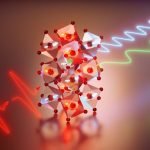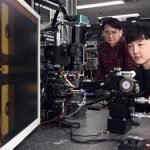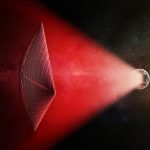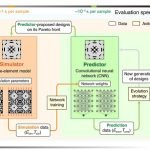Scientists unlock the future of superfast computing with magnetic waves
In a groundbreaking study that might pave the way to the next generation of computing technology, scientists have made a significant leap forward.
Using lasers,...
Scientists create super-fast light source for future internet and data centers
In a world where we're streaming movies, playing online games, and attending virtual meetings more than ever, the demand for faster internet is skyrocketing.
Researchers...
Scientists create sunflower-inspired cities to harness more sunlight for solar energy
In a groundbreaking study, scientists have designed a new city layout inspired by the pattern of sunflower seeds to maximize solar energy in places...
Ocean cables: The new watchdogs against tsunamis
Imagine a world where we can detect tsunamis, those giant waves caused by underwater earthquakes, way before they reach our shores, giving us time...
Exciting breakthrough: Triple your lithium with plasma power!
In the quest for cleaner energy and technology, scientists are always on the lookout for better ways to get the materials they need.
One such...
Ground-based lasers could accelerate spacecraft to other stars
The future of space exploration includes some rather ambitious plans to send missions farther from Earth than ever before.
Beyond the current proposals for building...
Scientists create the world’s first unmanned forestry machine
In the vast, green forests where the sound of chopping trees often fills the air, a groundbreaking invention has just made its debut.
Scientists have...
Scientists unravel the mystery of ‘black ice’ on train tracks
Every autumn and winter, train tracks become surprisingly slippery, leading to delays that frustrate passengers and cost the rail industry millions.
But what causes this...
Scientists create smart clothes for personal temperature control
Imagine being able to control the temperature of your clothes as easily as adjusting a thermostat, keeping you cool in the summer heat or...
Scientists make breakthrough in creating super materials with 3D printing
Imagine having a superhero suit that is both super strong and can stretch without tearing. That's the kind of breakthrough scientists at the University...










